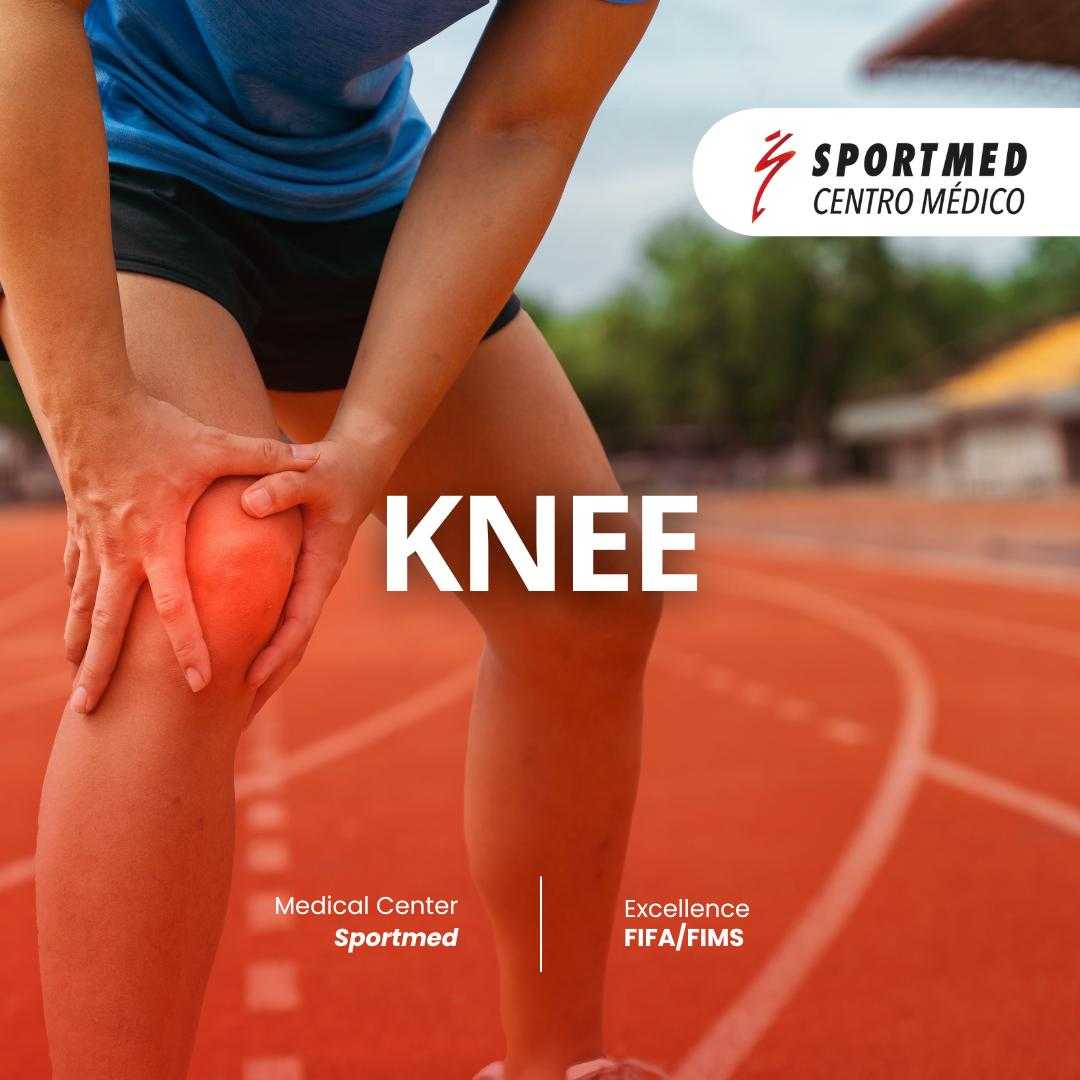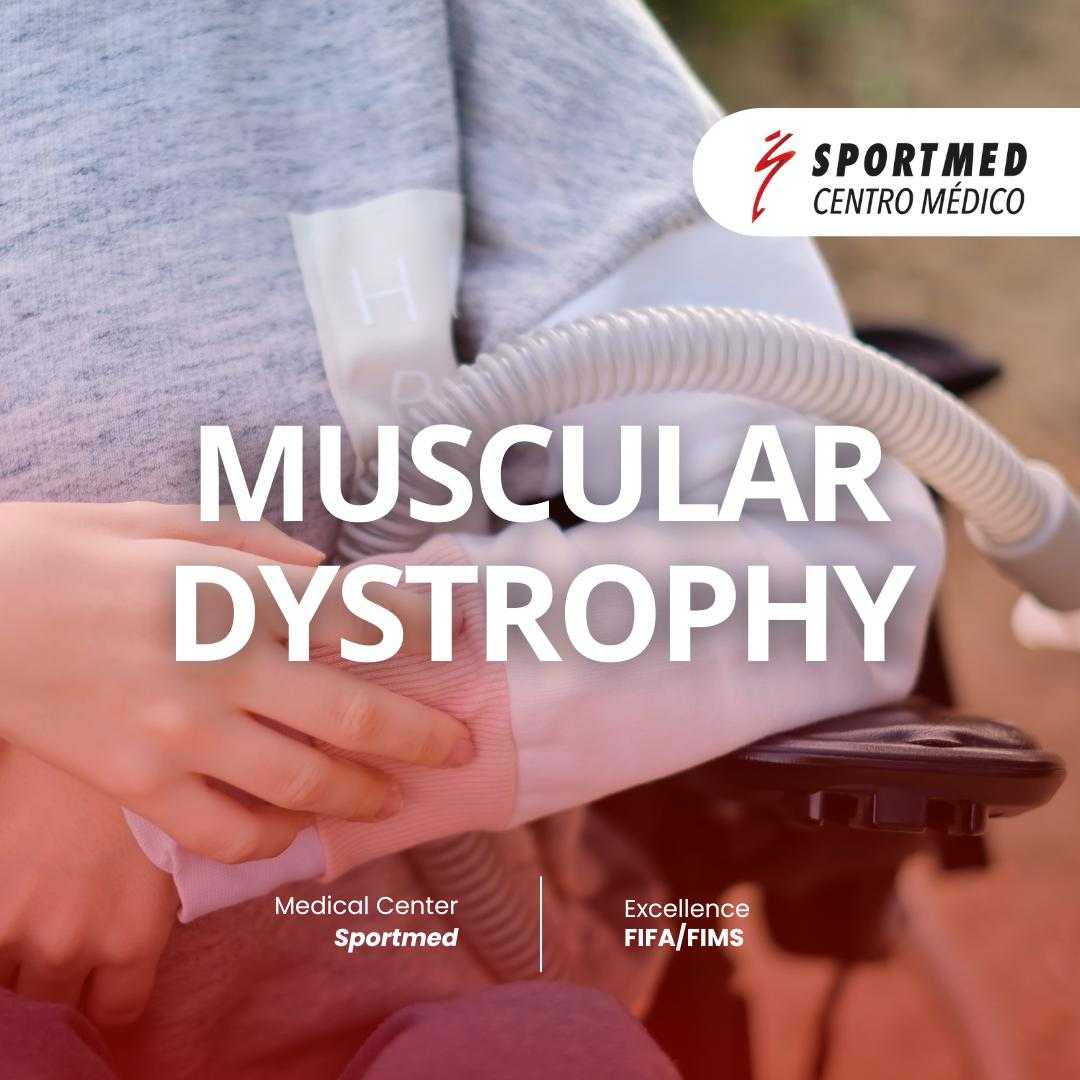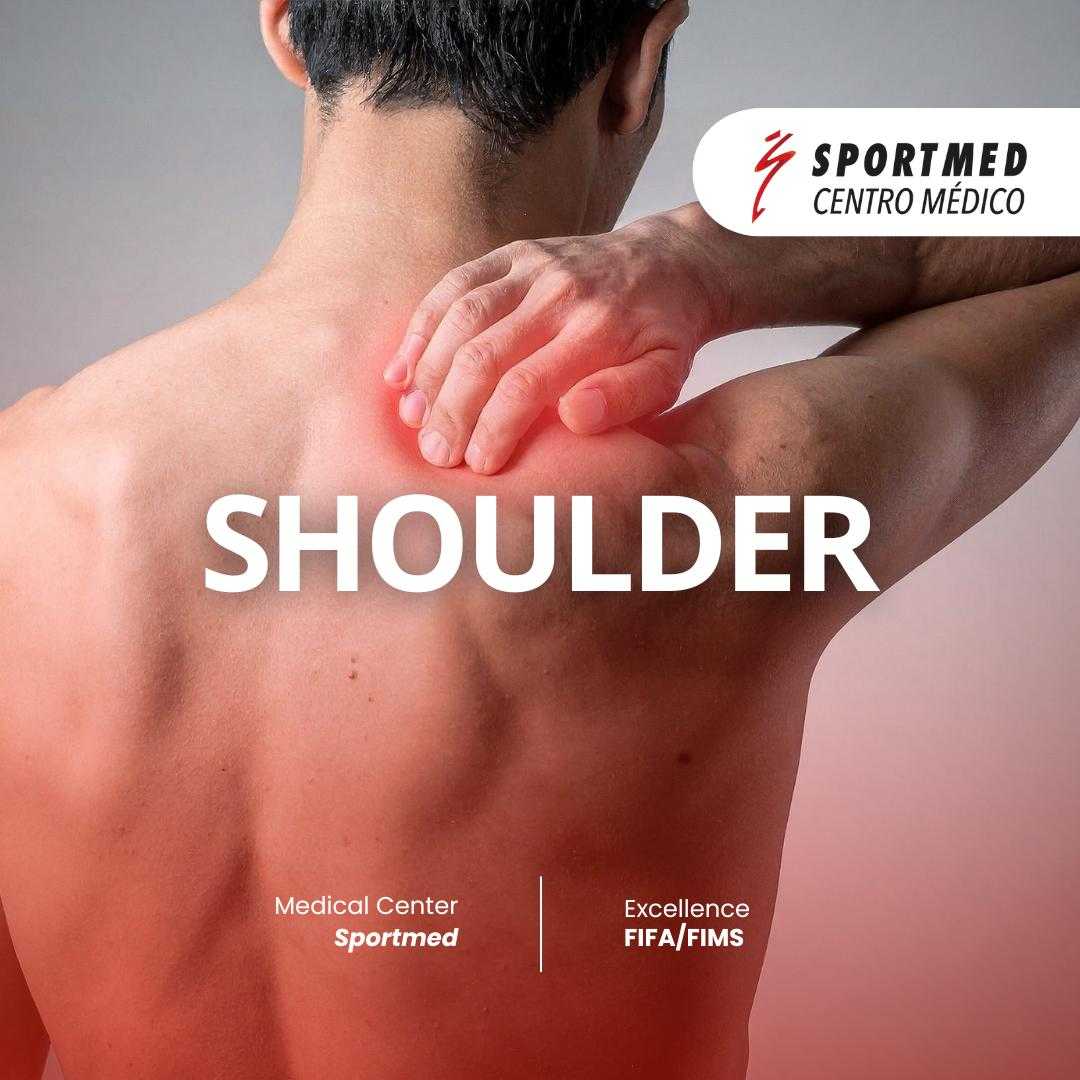
A New Beat: Your Guide to Heart Transplants Worldwide
Experiencing severe heart failure can be a frightening and life-altering journey. For many, a heart transplant represents the ultimate hope – a chance to regain vitality and extend their life. It's a complex and significant medical undertaking, often considered when all other medical interventions for end-stage heart disease have been exhausted.
If you or a loved one are facing this challenging diagnosis, you're likely exploring every possible avenue for treatment. While the idea of a heart transplant can be daunting, understanding the process and available options is the first step towards a new beginning. We're here to demystify heart transplantation, explain who might need one, and shed light on why medical tourism is becoming a viable and often necessary path for those seeking this life-saving procedure.
This comprehensive guide delves into everything you need to know about heart transplantation, from eligibility and procedure types to recovery and the crucial considerations of seeking care abroad. We'll answer your most pressing questions, including cost comparisons, how to choose the right international facility, and what to expect on your medical journey. Our goal is to empower you with clear, patient-focused information, helping you make informed decisions about your health and future.
What Exactly is a Heart Transplant?
At its core, a heart transplant is a life-saving operation designed for individuals suffering from end-stage heart failure, a condition where the heart is too damaged to pump enough blood to meet the body's needs. During the surgery, the patient's diseased heart is carefully removed and replaced with a healthy heart harvested from a recently deceased organ donor. This new heart, if successful, will then take over the vital function of circulating blood throughout the body, restoring health and improving quality of life.
The procedure is highly intricate, requiring a team of experienced cardiac surgeons, anesthesiologists, and support staff. It involves connecting the major blood vessels of the new heart to the recipient's circulatory system. Post-surgery, patients require lifelong immunosuppressant medication to prevent their body from rejecting the new organ. This ongoing medical management is crucial for the long-term success of the transplant.
Who Needs a Heart Transplant? Eligibility Criteria
A heart transplant is typically considered as a last resort for individuals with severe, irreversible heart failure who are no longer responding to conventional medical treatments, surgeries, or less invasive procedures. Conditions that often lead to the need for a heart transplant include:
- Severe coronary artery disease, leading to heart muscle damage (ischemic cardiomyopathy).
- Dilated cardiomyopathy, where the heart becomes enlarged and cannot pump effectively.
- Hypertrophic cardiomyopathy, where the heart muscle becomes abnormally thick.
- Restrictive cardiomyopathy, where the heart muscle becomes stiff.
- Congenital heart defects that cannot be corrected by other means.
- Valvular heart disease that has caused irreversible damage to the heart muscle.
- Life-threatening abnormal heart rhythms (arrhythmias) unresponsive to other treatments.
Beyond the primary diagnosis, eligibility is determined by a thorough evaluation to ensure the patient is a suitable candidate. This includes assessing overall health, organ function (lungs, kidneys, liver), psychological stability, and the ability to adhere strictly to a rigorous post-transplant regimen, including lifelong medication and frequent follow-up appointments. Patients with active infections, cancer, severe kidney or lung disease, or substance abuse issues are generally not considered eligible.
Types of Heart Transplantation Procedures
While "heart transplant" generally refers to a single, well-established procedure, there are technically a couple of approaches, though one is far more common:
- Orthotopic Heart Transplantation (OHT): This is the most common type, accounting for over 95% of all heart transplants. In this procedure, the recipient's diseased heart is entirely removed (total cardiectomy), and the donor heart is implanted in the same anatomical position. The major blood vessels (aorta, pulmonary artery, vena cavae) are surgically connected. This approach aims to provide the recipient with a fully functioning new heart that operates as the sole pump for the body.
- Heterotopic Heart Transplantation (Piggyback Transplant): This is a much rarer procedure where the recipient's diseased heart is left in place, and the donor heart is implanted alongside it, often in the right chest cavity. The two hearts are connected to share the pumping workload. This method is sometimes considered for patients with certain types of severe pulmonary hypertension or other specific anatomical challenges where completely removing the native heart might be too risky. However, it's less common due to the complexity and potential for complications related to having two hearts.
In addition to these, there are also combined organ transplants, such as heart-lung transplants, for patients suffering from severe failure of both organs. The choice of procedure depends heavily on the individual patient's condition, the specific nature of their heart failure, and other co-existing medical issues, all determined after extensive evaluation by a multidisciplinary medical team.
Why Consider a Heart Transplant Abroad?
For many patients, the decision to seek a heart transplant abroad is driven by a combination of critical factors. In some countries, waitlists for donor hearts can be incredibly long, sometimes spanning years, during which a patient's condition can deteriorate significantly. Access to advanced medical technology, specialized surgical teams, or particular pre- and post-operative care protocols might also be limited in their home country.
Furthermore, the cost of a heart transplant in Western countries like the United States can be astronomically high, often reaching hundreds of thousands to over a million dollars, even with insurance. This financial burden makes the procedure unattainable for many. Countries renowned for medical tourism, such as India, Turkey, and Thailand, offer highly skilled surgeons, accredited facilities, and comparable or even superior care at a fraction of the cost, making life-saving surgery a realistic option for more people.
Finding the Right International Heart Transplant Center
Selecting an international hospital for something as critical as a heart transplant requires meticulous research. It’s not just about cost; it’s about quality, safety, and long-term success. Key factors to consider include:
- Accreditation: Look for international accreditations like Joint Commission International (JCI), which signifies adherence to global standards in patient care and safety.
- Surgeon Experience: Investigate the transplant surgeons' qualifications, their specific experience with heart transplants, and their success rates.
- Hospital Volume and Outcomes: High-volume transplant centers often have more experience and better outcomes. Inquire about the center's statistics for patient survival and graft survival.
- Comprehensive Care: Ensure the facility offers comprehensive pre-transplant evaluation, surgery, and critical post-operative care, including immunosuppressant management and rehabilitation.
- Language and Cultural Support: It's crucial that communication is clear. Many international hospitals cater to medical tourists with English-speaking staff and interpreter services.
Working with a reputable medical tourism facilitator like PlacidWay can significantly simplify this process. They can provide vetted options, assist with communication, travel logistics, and ensure you have all the information needed to make an informed decision.
Understanding Risks and Safety in Overseas Heart Transplants
Any major surgery, particularly a heart transplant, carries inherent risks. When undergoing the procedure abroad, additional considerations come into play. It's essential to be aware of potential challenges:
- Varying Medical Standards: While many international hospitals are world-class, it's crucial to verify the credentials and standards of any facility you consider.
- Donor Organ Sourcing: Understand the ethical and legal frameworks around organ donation in the destination country. Ensure transparency and ethical practices.
- Legal and Ethical Recourse: Should complications arise, seeking legal or ethical recourse across international borders can be complex.
- Travel-Related Complications: Long-distance travel, especially for a critically ill patient, can pose risks. Post-operative travel also requires careful planning.
- Continuity of Care: Planning for post-transplant follow-up and prescription refills upon returning home is vital, as local doctors may need to coordinate with the transplant team abroad.
To mitigate these risks, always choose internationally accredited hospitals with a proven track record in heart transplantation. Thoroughly vet the medical team, confirm all aspects of the procedure and aftercare, and ideally, work with a medical tourism agency that provides comprehensive support and ensures due diligence.
The Medical Tourism Journey for a Heart Transplant: What to Expect
Embarking on a medical tourism journey for a heart transplant is a multi-stage process that requires careful planning and coordination:
- Initial Consultation & Case Submission: You'll typically start by sharing your medical records and diagnosis with a medical tourism facilitator or directly with international hospitals for an initial assessment and quote.
- Pre-Transplant Evaluation Abroad: Once a suitable center is identified, you'll travel to the destination country for an extensive in-person evaluation. This involves numerous tests, consultations with the transplant team, and psychological assessments to confirm eligibility and ensure you're a good candidate.
- Donor Matching & Waiting Period: If approved, you'll be placed on the transplant list. The waiting period for a suitable donor heart can vary significantly depending on blood type, body size, and the destination country's organ donation system. You may need to remain in the vicinity of the hospital during this time.
- The Transplant Surgery: Once a donor heart becomes available, you will undergo the complex surgical procedure.
- Post-Operative Recovery and Monitoring: This is a critical phase, involving intensive care unit (ICU) stay, hospital recovery, and close monitoring for complications like rejection and infection. You'll begin lifelong immunosuppressant therapy.
- Rehabilitation and Discharge: After several weeks or months, you'll be discharged from the hospital but will likely need to stay in the destination country for ongoing outpatient follow-up, physical therapy, and medication adjustments before being cleared to travel home.
Throughout this journey, communication with your medical team and any chosen facilitator is paramount. Expect a significant commitment of time, as the entire process, from initial evaluation to being cleared for international travel post-recovery, can span several months.
Heart Transplant Costs: A Global Comparison
The cost of a heart transplant is a major factor for many patients considering medical tourism. The price can vary wildly depending on the country, hospital, included services, and any complications. Here's a general comparison to illustrate the significant differences:
| Country | Estimated Heart Transplant Cost (USD) | Notes |
|---|---|---|
| United States | $1,000,000 - $1,600,000+ | Often includes pre- and post-transplant care; highly variable by state and hospital. |
| United Kingdom | $700,000 - $1,000,000+ | Public healthcare (NHS) covers costs for residents; private options are costly. |
| Germany | $500,000 - $800,000+ | High-quality care, but costs can still be substantial for international patients. |
| India | $100,000 - $150,000 | Leading medical tourism destination; includes hospitalization and initial recovery. |
| Turkey | $120,000 - $180,000 | Modern facilities, experienced surgeons, competitive pricing. |
| Thailand | $150,000 - $200,000 | Known for excellent patient care, often combined with recovery tourism. |
These estimates typically cover the surgery, hospital stay, and initial post-operative care. They usually do not include travel, accommodation, lifelong immunosuppressant medications, or follow-up care once you return home. Always get a detailed, all-inclusive quote from any prospective facility.
Life After Heart Transplant: Recovery and Long-Term Care
The journey doesn't end with the surgery; recovery and long-term care are critical for the success of a heart transplant. Immediately after surgery, patients spend time in the ICU, followed by a hospital stay that can last several weeks. During this time, the medical team closely monitors for signs of rejection, infection, and other complications. Physical therapy and cardiac rehabilitation begin early to help regain strength and mobility.
The cornerstone of post-transplant care is lifelong immunosuppressant medication. These drugs prevent the immune system from attacking and rejecting the new heart. Adherence to this medication regimen is non-negotiable and requires careful management and monitoring by healthcare providers. Patients will also need regular follow-up appointments, including biopsies and blood tests, to check for rejection and assess overall health. Lifestyle changes, such as a heart-healthy diet, regular exercise, avoiding smoking and excessive alcohol, and managing stress, are also vital for long-term health and the longevity of the transplanted heart.
How Long Can a Transplanted Heart Last?
Thanks to significant advancements in surgical techniques, immunosuppressive drugs, and post-transplant care, the survival rates for heart transplant recipients have improved dramatically over the decades. While there's no fixed expiry date, a transplanted heart can function well for many years, offering a significant extension of life and improved quality of life.
On average, the median survival rate for heart transplant recipients is typically over 10-15 years. Many individuals live for 20 years or more after their transplant, with some exceptional cases living for 30 years or even longer. Factors influencing the longevity of a transplanted heart include:
- Recipient's Age and Overall Health: Younger, healthier recipients generally have better long-term outcomes.
- Adherence to Medication: Consistent and correct use of immunosuppressants is paramount to prevent rejection.
- Regular Follow-ups: Timely monitoring and adjustments to treatment plans are crucial.
- Lifestyle Choices: Maintaining a healthy lifestyle, including diet, exercise, and avoiding harmful habits, supports heart health.
- Complications: The occurrence of rejection episodes, infections, or other post-transplant complications can impact longevity.
While a heart transplant is not a permanent cure for all heart disease challenges, it offers a profound opportunity for extended life and a return to meaningful activities.
Preparing for Your Heart Transplant Journey Abroad
Preparing for a heart transplant abroad is an extensive undertaking. It involves more than just packing a suitcase; it requires thorough medical, logistical, and personal planning to ensure a smooth and safe journey. Here are key steps:
- Medical Records Compilation: Gather all your current and past medical records, test results, imaging scans, and medication lists. Have them translated into English if necessary.
- Travel Documents: Ensure your passport is valid for at least six months beyond your anticipated stay. Research visa requirements for your destination country well in advance.
- Financial Planning: Beyond the cost of the procedure, budget for travel, accommodation for yourself and a companion (often required), living expenses during your extended stay, and potential unforeseen medical costs.
- Accompanying Companion: It is highly recommended, and often mandatory, to have a family member or close friend accompany you throughout the entire process, especially post-surgery.
- Communication Plan: Establish how you will communicate with your local doctors back home and the international transplant team.
- Cultural Awareness: Research the culture, customs, and local laws of your destination to ensure a comfortable stay.
Working with a dedicated medical tourism agency like PlacidWay can streamline much of this preparation. They can assist with medical record transfer, visa guidance, travel arrangements, and accommodation, allowing you to focus on your health.
What is the Heart Transplant Evaluation Process?
The evaluation process for a heart transplant is rigorous and multidisciplinary, designed to determine if a patient is a good candidate for the life-saving procedure. This is not just about the heart's condition, but the entire body and mind's ability to undergo and recover from such a significant surgery. The evaluation typically involves:
- Medical History and Physical Exam: A detailed review of your health history, symptoms, and a comprehensive physical assessment.
- Cardiac Tests: Extensive tests to assess heart function and damage, including echocardiograms, electrocardiograms (ECGs), cardiac catheterization, stress tests, and potentially MRI or CT scans.
- Organ Function Tests: Blood tests, urine tests, and imaging to check the function of your kidneys, liver, lungs, and other vital organs, ensuring they can withstand surgery and associated medications.
- Infection Screening: Tests for various infections, as active infections can preclude transplantation.
- Cancer Screening: Age-appropriate cancer screenings, as a history of certain cancers can affect eligibility.
- Psychological Evaluation: Assessments to evaluate mental and emotional health, coping mechanisms, and the ability to adhere to complex medical regimens, including lifelong medication.
- Social Support Assessment: Review of your support system, as a strong support network is crucial for recovery.
- Nutrition Assessment: Evaluation of your nutritional status and guidance for optimizing it before surgery.
This thorough assessment helps the transplant team identify potential risks, address any treatable conditions, and ensure the best possible outcome for the patient.
Ethical Considerations for Heart Transplants Abroad
When considering a heart transplant through medical tourism, ethical considerations are paramount. Patients and their families must ensure that the process adheres to the highest ethical standards, particularly concerning organ donation and allocation. Key areas of ethical focus include:
- Organ Donation Transparency: It is crucial to confirm that the donor organs are sourced ethically, from legitimate deceased donors, and in accordance with international guidelines (e.g., WHO guiding principles).
- Prevention of Organ Trafficking: Be vigilant against any clinics or facilitators that suggest unusually short wait times without transparent explanations or imply payment for organs, which could be indicative of illegal organ trafficking.
- Fair Allocation: Understand the organ allocation system in the destination country. Ensure it is based on medical necessity and compatibility, not on financial incentives.
- Informed Consent: The patient must provide fully informed consent, understanding all risks, benefits, and alternatives of the procedure performed abroad.
- Post-Transplant Care Equity: Consider how ethical issues around continued access to essential post-transplant medications and follow-up care will be managed upon returning home.
Reputable medical tourism facilitators and JCI-accredited hospitals are committed to ethical practices. Always ask detailed questions about donor sourcing and the transplant process to ensure peace of mind and ethical treatment.
Choosing PlacidWay for Your Heart Transplant Journey
Navigating the complexities of a heart transplant, especially when considering international options, can be overwhelming. This is where PlacidWay steps in as your trusted partner. We specialize in connecting patients with world-class medical facilities and experienced transplant teams across the globe, ensuring you have access to the best possible care.
With PlacidWay, you benefit from:
- Access to Vetted Clinics: We partner with internationally accredited hospitals renowned for their cardiac transplant programs and high success rates.
- Transparent Pricing: Receive comprehensive and clear cost estimates, allowing you to compare options and plan your finances effectively.
- Personalized Guidance: Our expert team provides end-to-end support, from initial consultation and medical record review to travel arrangements and post-treatment follow-up planning.
- Ethical Assurance: We prioritize your safety and ethical standards, ensuring all partner facilities adhere to strict international guidelines for organ donation and patient care.
- Reduced Wait Times: Explore options in countries where wait times for donor organs may be significantly shorter, potentially offering faster access to life-saving treatment.
Your journey to a healthier heart deserves the utmost care and expertise. Let PlacidWay guide you towards a brighter future with a heart transplant abroad.
Take the Next Step with PlacidWay
Ready to embrace a new life with a healthy heart? Your journey to life-saving heart transplantation is just a click away. Explore top-rated international clinics, compare prices, and get a free, personalized quote for your heart transplant with PlacidWay. Let us help you plan a seamless and hopeful medical travel experience. Start your transformation today!
Heart Surgery Abroad, Cardiac Care Abroad










Share this listing